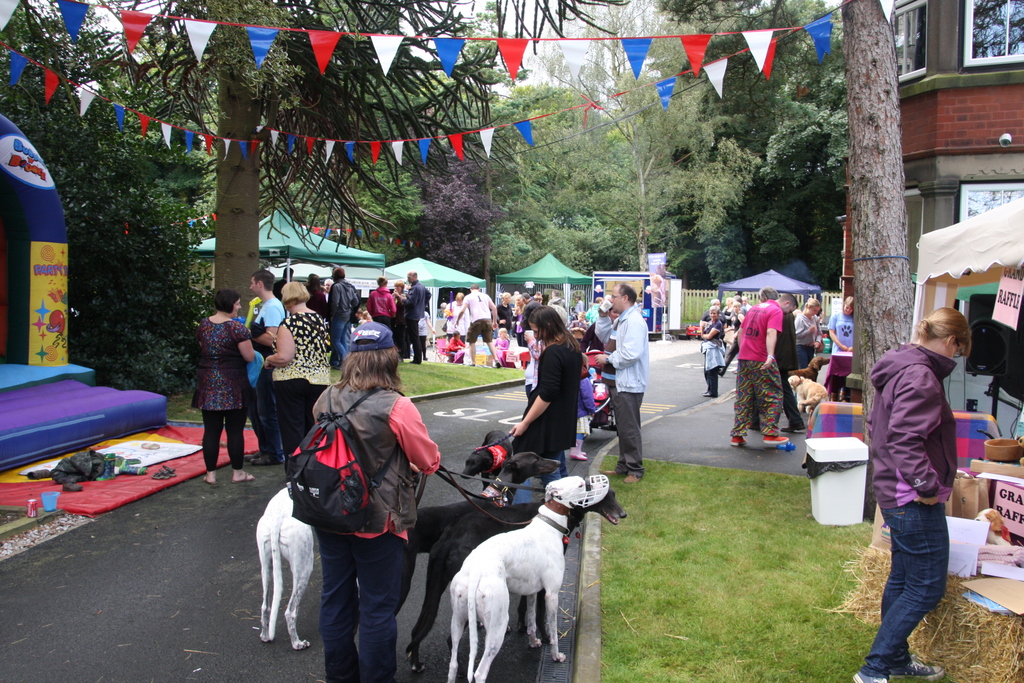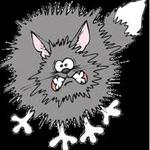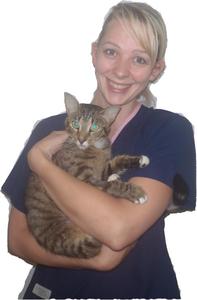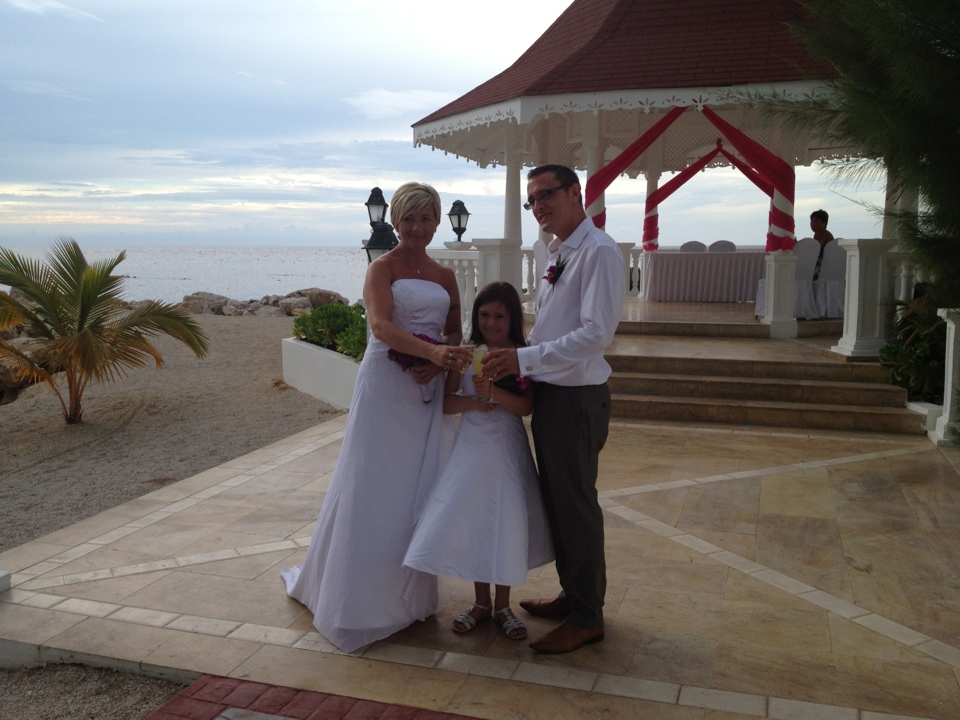WOW! What a success!!

Hollybank Veterinary Centre has raised over £1200 for charity at their Annual Open Day. The day took place on Sunday 2nd September supporting both the Joshua Tree Children’s Charity and the Neuromuscular Centre.
Despite a rainy start the day was a roaring success. Free Practice Tours ran throughout the day allowing clients – current and new – to explore the practice, learn more about Hollybank and chat with all the staff. The was a chance to see ‘behind the scenes’, look at x-rays and read about some real life cases.
The face painting, bouncy castle, jewellery, gingerbread decorating and children’s games were very popular. Also helping to raise money were Littlers Butchers with their BBQ, Snugbury’s Icecream and DJ Danny as the host. The Groom Room performed demonstrations all day and Avian Veterinary Services brought some birds down to meet the crowds and talk about their work.
The Grand Raffle was drawn at the end of afternoon with prizes ranging from wine and jewellery, to trips to Blue Planet and Stockley Farm – and even a holiday for four!
Practice Principal Richard Hewitt was pleased with how the day had gone, ‘We would like to extend a huge thank you to all the stall holders, contributors and volunteers that made the Open Day possible. To better last year’s total is a wonderful achievement, especially in the current climate and we are very pleased we are able to contribute to the Joshua Tree and the Neuromuscular Centre’s fundraising. Thank you to all our clients for supporting us once again – we are very grateful.’
Hollybank are now looking forward to their next event. They will be holding a free Firework Talk on Wednesday 24th October at Sandiway Village Hall. Jacqui Campuzano, Hollybank’s Head Nurse, will be discussing how to cope with your pet’s firework fear this year and how to prevent it next year. Everyone welcome.


























